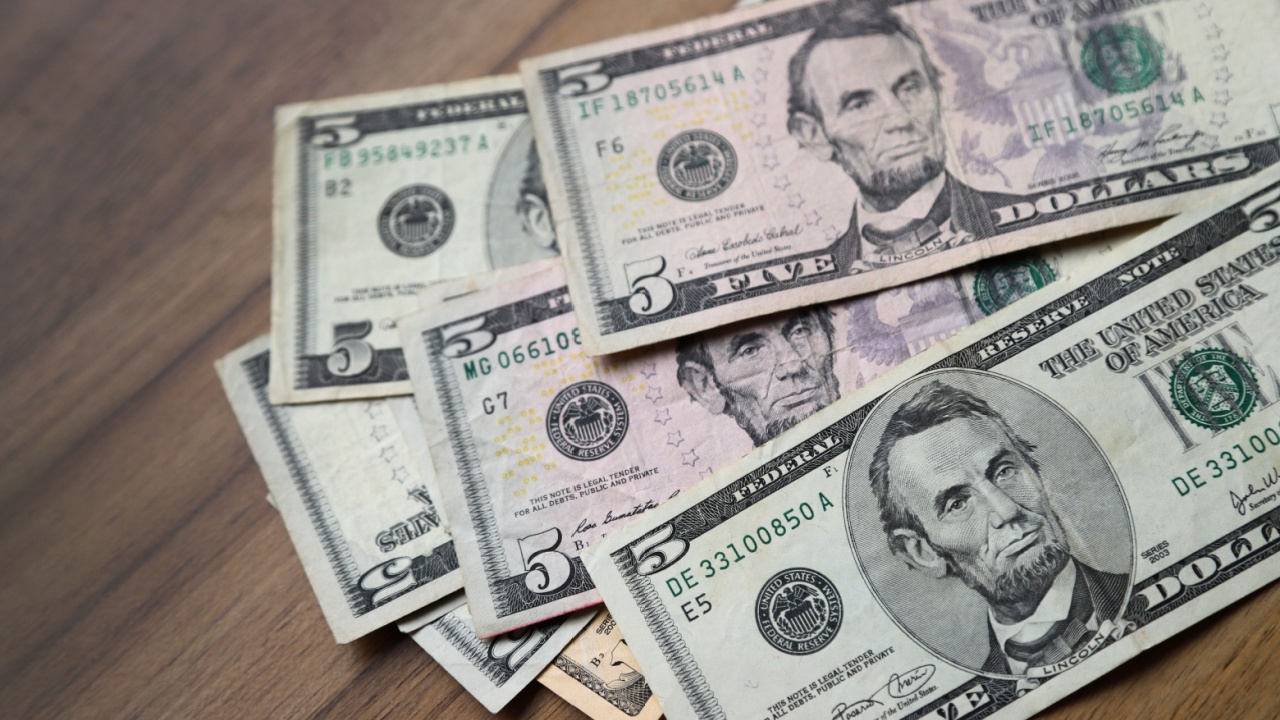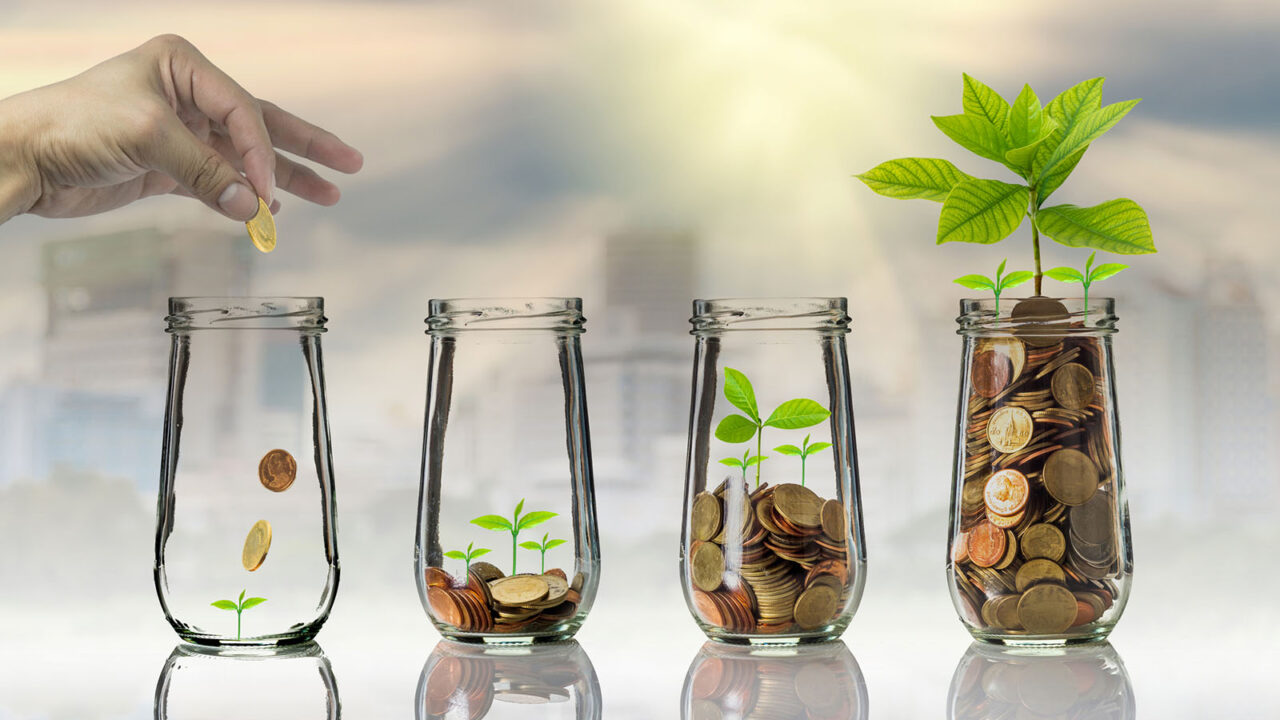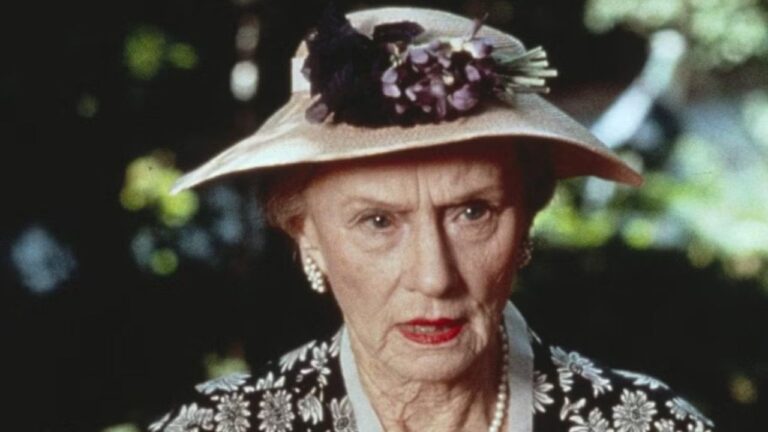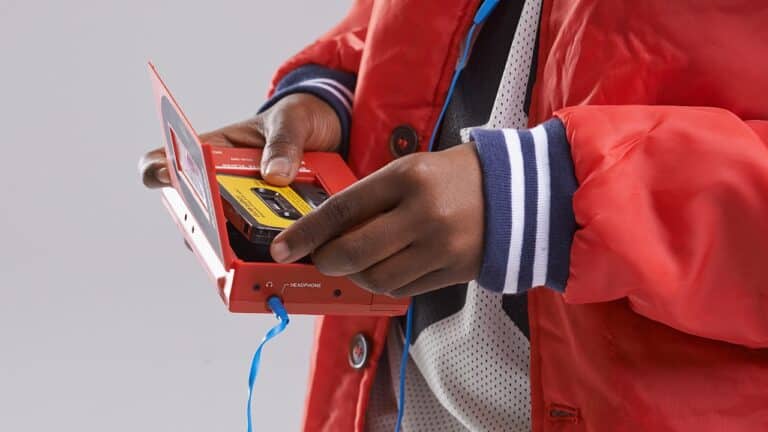Who Is In Line To Get Rich Off The Great Wealth Transfer?

If you’ve paid attention to financial matters, you might’ve heard the term “Great Wealth Transfer.” This refers to the transfer of wealth, trillions of dollars, between generations over the next few decades.
In fact, that sum is a shocking $84.4 trillion, with approximately $12 trillion going to charities rather than people. That leaves $72.4 trillion and it could have a serious impact on the economy over the next 20 years as baby boomers pass their wealth on.
But who exactly stands to benefit and what could the potential economic impacts be? We’ve got you covered.
Who Is in Line to Inherit the Wealth?

Currently, billions will be shifted horizontally from the wealthy to their spouses. Women stand to benefit significantly from this move.
But, over time, Gen Xers and millennials tend to benefit the most. Approximately $30 trillion will trickle down to Gen X, from baby boomers and the Silent Generation, where millennials will see around $27 trillion from their baby boomer parents.
Why Is This Transfer Even Greater Than Past Generations?

While the economy may be questionable today, that wasn’t the case during the years when the Silent Generation and baby boomers were making their wealth. They benefitted greatly from robust economic conditions, allowing them to build their wealth.
Additionally, baby boomers make up one of the largest generations, so it stands to reason that the wealth transfer will be large, as well.
Potential Economic Impacts

With trillions of dollars changing hands, passing down to generations that have not been fortunate to experience an always-robust economy, the transfer could have some serious impacts.
That’s not to say the outcome will be bad. In fact, it could place millions of people in a better standing than they are currently experiencing.
Gen Xers

Gen Xers, those born between 1965 and 1980, had to live through the Great Recession from 2007 to 2008. The poor economic conditions during this period took a toll on wealth-building strategies.
Many struggled to make a decent income and any gains they made in their portfolios were essentially wiped out. Gaining money from the great wealth transfer could help eliminate those roadblocks and put them in better financial standing.
Millennials

Millennials like to say they got the short end of the stick because, around the time they were due to enter the workforce, they found themselves in the middle of the Great Recession, just like the Gen Xers. Many were unable to find jobs right off the bat and suffered significantly for it.
Millennials using the wealth to pay back student loan debt, for example, could see them in better standing to buy a home, something the generation has long struggled with, which can boost their wealth more.
Changes to Investing

Because Gen Xers and millennials saw their gains deplete, they tend to have less faith in the traditional investing methods and focus their efforts elsewhere.
We could see an increase in cryptocurrency investments as well as ethical investing, which is the process of putting money into environmentally-friendly, aka “green,” and sustainable investment products. There’s also likely to be an increase in real estate investing with these generations snapping up more homes.





